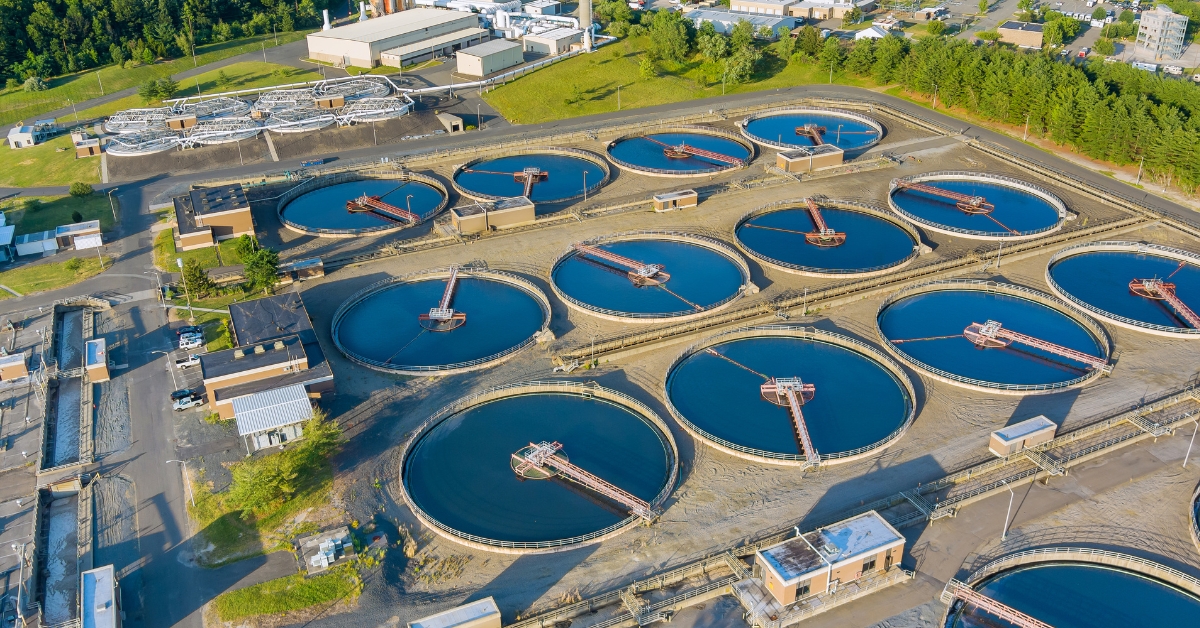
New York Rejects New Green Energy Subsidies, Jeopardizing Projects
In a decision that has significant implications for New York’s green energy efforts, the state’s Public Service Commission has unanimously rejected a request for larger subsidies for green energy projects. This move, made by Governor Kathy Hochul’s administration, has left several large-scale wind, solar, and offshore wind projects in limbo, threatening the state’s ability to achieve its climate goals. The projects seeking higher payments, including offshore wind and land-based renewables, represent a substantial portion of New York’s electricity demand forecast for 2030. If approved, the increases would have cost around $12 billion, raising concerns about higher rates for residents and businesses.
The rejection of these subsidies has raised concerns among environmental advocates, labor unions, and the companies involved, who argue that failing to provide higher subsidies will hinder New York’s ability to meet its environmental targets. While the decision was a blow to the offshore wind industry and the Biden administration’s offshore wind goals, the Public Service Commission stood firm. They argue that providing increased payments would set a precedent that goes against competitive procurement principles, signaling to developers that contracts are binding, and ratepayer funds aren’t an unlimited resource.
The decision puts several offshore wind projects at risk, jeopardizing green energy manufacturing, port investments, and job creation in New York. While developers argued that high inflation and supply chain issues had made these projects challenging to finance without more support, the Commission was unswayed. They emphasized the need for developers to abide by their contractual commitments and expressed concerns about the potential cost increases for residents and businesses.
While some critics argued that the decision would hinder New York’s ability to meet its climate goals, the Commission highlighted the importance of competitive markets and the need to address the real challenges ahead. Governor Hochul expressed her commitment to building a clean energy economy but emphasized the necessity of maintaining affordability for residents.
The rejection of larger subsidies for these renewable energy projects raises questions about New York’s green energy transition and the challenges of balancing climate goals with economic concerns. In a rapidly-evolving energy landscape, decisions like this will continue to shape the future of clean energy in the state. The fate of these projects and the direction of New York’s green energy initiatives will depend on the ability of developers to move forward without the requested subsidies and the state’s determination to meet its climate goals while ensuring affordable rates for consumers.














